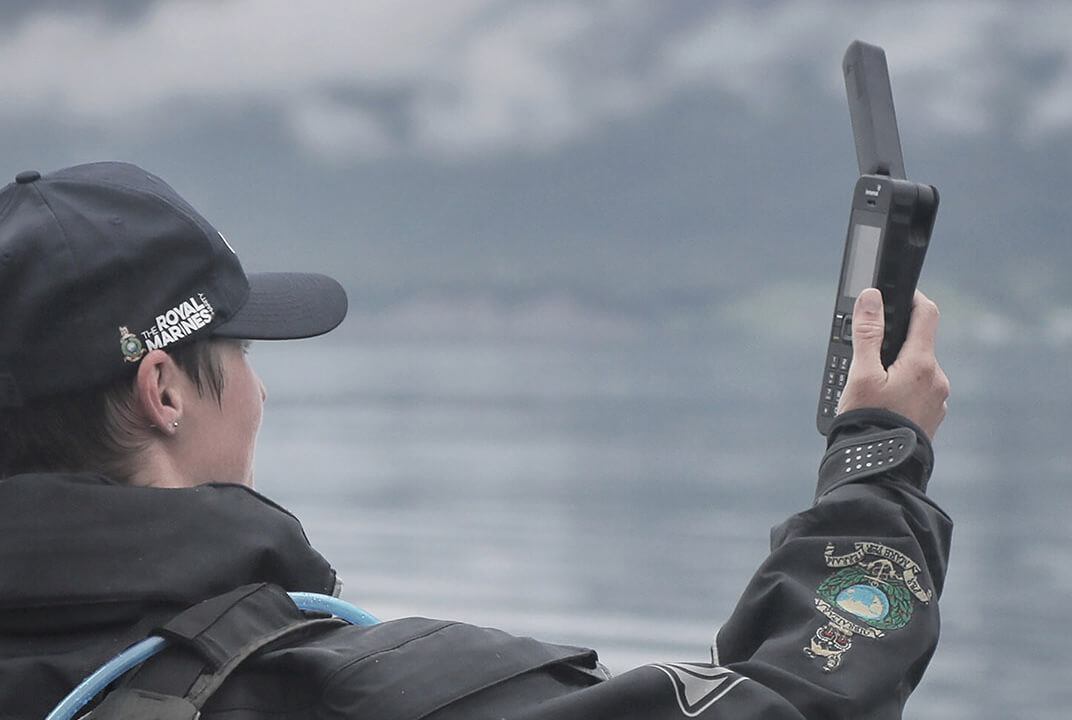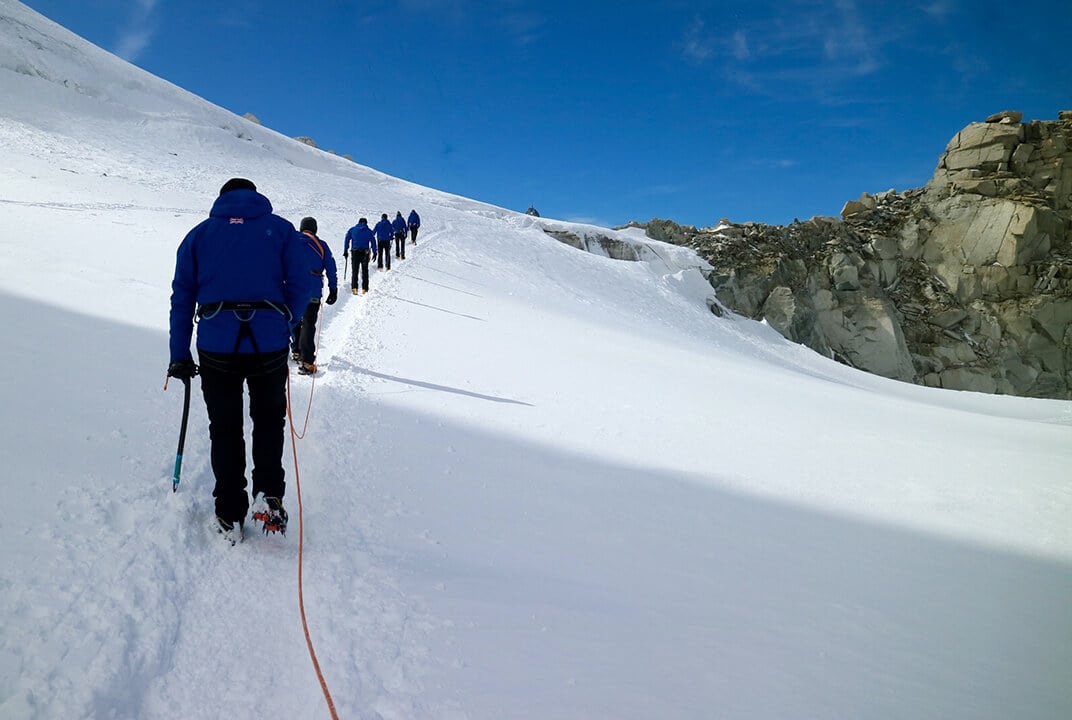Second success for Race2Recovery team
Race2Recovery has become the first disabled team ever to complete the Dakar Rally – the world’s toughest motorsport event – not once but twice.
The group of injured ex-servicemen and civilian volunteers crossed the 2014 finish line in Valparaiso, Chile after a gruelling 5,654-mile (9,100km) journey, during which they relied on Inmarsat to stay connected with their support team and fans around the world.
Corporal Daniel ‘Baz’ Whittingham became the first amputee to complete the race in the truck category and the second to finish the overall race.
Overwhelming feeling
Baz, whose leg was amputated after injuries sustained in an improvised explosive device (IED) blast while serving in Afghanistan, follows the success of Race2Recovery’s Phillip Gillespie, who finished the race in a Wildcat rally car last year.
His team included truck driver Mark Cullum and co-driver Chris Ratter. Other team mates competing in two Wildcats had to pull out during the second stage after breaking down.
Baz said: “To have finished the hardest rally on earth has been an overwhelming feeling. The teamwork, personal hardship and determination to succeed in the face of adversity will remain with me for the rest of my life.
Extraordinary achievement
“There were times when we thought we couldn’t make it due to time, distance and mechanical failure. But we never gave up. To have been through so much in just a few years defines the motto of our team – beyond injury, achieving the extraordinary.”
The team relied on Inmarsat to keep them connected as they raced through some of the harshest, remotest terrains on the planet, including the Atacama Desert and the Andes.
The BGAN terminals and IsatPhone Pro satellite phones enabled the team to video link with the mechanical and logistics crews in the UK, and post updates on the charity’s website, Facebook and Twitter.
Technology praised
Tony Harris, Race2Recovery co-director and former Royal Regiment of Fusiliers Captain, praised the performance of Inmarsat’s technology.
He said: “This year’s Dakar has been the hardest in a long time, with over 55 per cent of competitors failing to finish. The distances, terrain and heat led to a huge drop-out rate, including my own Wildcat.
“Without the unfailing communications platforms provided to the team by Inmarsat, I’m certain we would have failed to get our race truck across the line.
Live reports
“The IsatPhone Pro maintained superb communications between the support vehicles and the race truck in the seriously hostile and difficult environments of the Argentine outback, the Andes and the Atacama desert.
:”While the new BGAN Explorer 710 allowed the team and journalists to report live from the race with high definition video to newsrooms, excellent audio to radio stations and reports for print media globally.
“For the 26,000 fans of the Race2Recovery team and the 750,000 fans of the Dakar the communications capability delivered by Inmarsat gave a unique insight into a unique race team on the world’s toughest race.”
Help for Heroes
By taking on the Dakar Rally the team raised £340,000 (US$560,000) for Help for Heroes’ flagship recovery centre and and the British Limbless Ex-Serviceman’s Association (BLESMA).
Inmarsat partner Tesacom also supported a team in the rally – motorbike riders Felipe and Jaime Prohens from Chile, who came in at 42nd and 45th respectively in their category. The brothers were sponsored with IsatPhone Pro and airtime.

